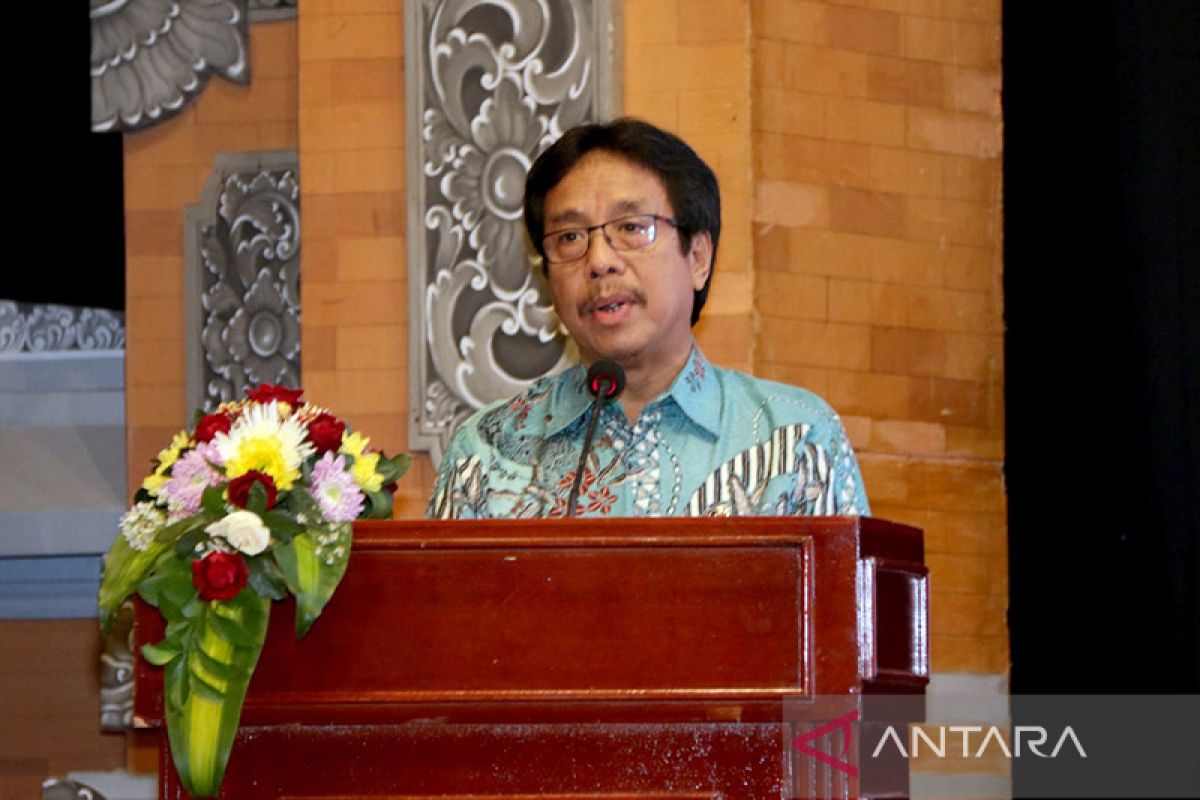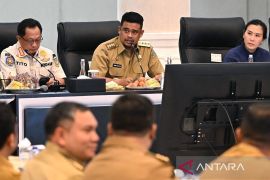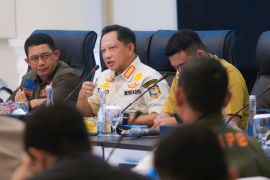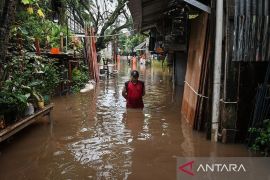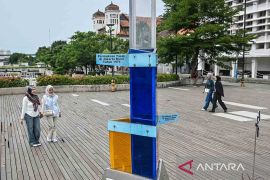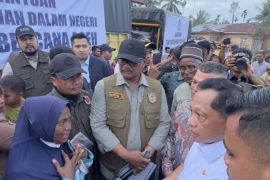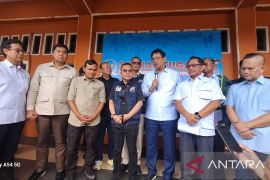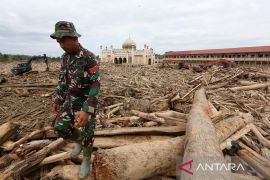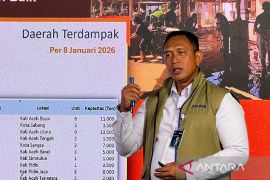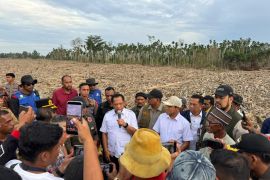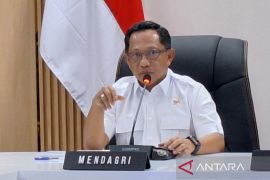Village SNI and destana are beneficial to reduce vulnerability and bolster the people's capacity in facing disasters through the spirit of mutual assistance, BSN Head Kukuh S. Achmad told ANTARA here on Friday.
The implementation of SNI and destana aims to raise public awareness of the potential threat of various disasters that may occur in their regions.
SNI implementation is also beneficial to provide protection to the people, cultural heritage, and natural environment, including the local biodiversity and culture.
The execution of SNI will encourage planned, integrated, coordinated, comprehensive, and sustainable disaster mitigation and also development of public-private participation and partnership.
Village SNI and destana have become a guideline for central and regional governments to formulate the disaster-resilient development program policy and planning based on risk and community.
To support the success of SNI implementation, the commitment of all parties, including regional governments and villages, is deemed necessary to continue the execution of village SNI and disaster-resilient village.
The involvement and participation of people also became a key to ensuring the success of SNI's implementation. In addition, assistance or guidance is necessary in implementing SNI 8357:2017.
Related news: GPDRR releases Bali Agenda for Resilience
Moreover, the implementation of village SNI and destana also requires support from the regional policy and regulation in bolstering standard-based disaster mitigation.
Earlier, the Coordinating Ministry for Human Development and Culture highlighted the importance of forming destana to bolster the people's capacity in handling disasters.
"Disaster-resilient village is one of the programs that aims to give people the independent capability of adapting to and handling disasters," the ministry's official, Sudirman, noted in an interview with ANTARA on June 15.
Related news: Indonesia urges ASEAN to build sustainable resilience at 40th ACDM
Translator: Martha H S, Fadhli Ruhman
Editor: Rahmad Nasution
Copyright © ANTARA 2022
